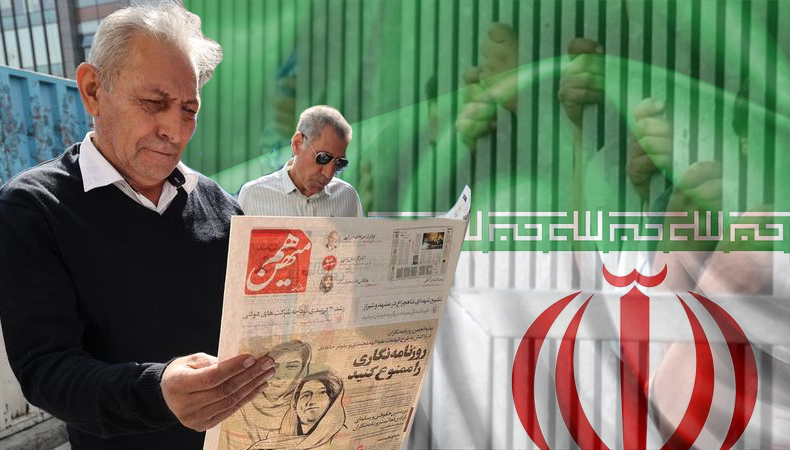Iran journalists demand the release of jailed colleagues amid ongoing protests

Journalists of the Islamic Republic of Iran have demanded the release of jailed colleagues amid nationwide demonstrations, sparked by the death of an Iranian Kurdish woman, Mahsa Amini, in police custody.
On Sunday, over 300 Iranian journalists called for the release of colleagues who were detained during protests. The journalists signed a statement published in the Iranian Etemad and other newspapers, in which they accused Iranian authorities of arresting members of the press and journalists. They further accused Iranian authorities of “stripping journalists of their civil rights.”
The statement said, “They (the journalists) did not have access to their lawyers, they were interrogated and charged before holding a public hearing.”
According to rights groups, around 40 journalists have been arrested in the country amid nationwide demonstrations.
Read | U.S. imposes sanctions on an Iranian foundation over Salman Rushdie’s bounty
Iran’s security services released a report on Friday in which they said that detained journalists Elaheh Mohammadi and Niloufar Hamedi, who covered Amini’s case, were foreign agents working for the CIA (Central Intelligence Agency), a civilian foreign intelligence service of the federal government of the United States.
Earlier, Iran accused the West, especially the United States, of fueling the recent unrest and trying to destabilise the country. Iranian authorities also asked protesters to end the protest.
Protests have gripped the Islamic Republic of Iran since the death of Amini in police custody on September 16. She was arrested on September 13 in Tehran, the capital of Iran, for allegedly wearing her hijab incorrectly.
The Iranian morality police took her to the detention centre to teach her a lesson about Hijab. However, Amini collapsed at the detention centre and lost consciousness. She was taken to the hospital as she fell into a coma. Three days later, the doctor pronounced her dead. What began as a protest turned into the biggest uprising in almost three years.




